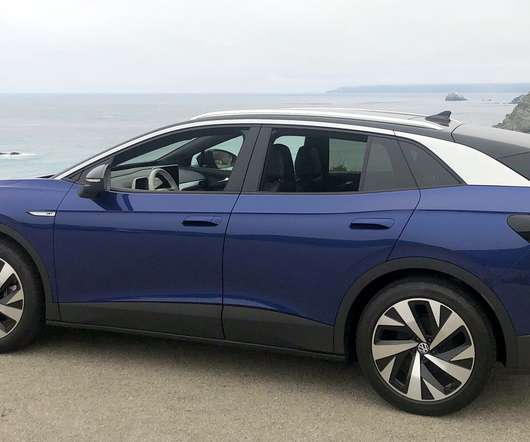EPA annual trends report finds new vehicle fuel economy at record 24.1 mpg; new powertrain technologies rapidly gaining share
Green Car Congress
OCTOBER 10, 2014
Among the top-level findings was that Model year 2013 vehicles achieved an average of 24.1 mpg increase over the previous year and an increase of nearly 5 mpg since 2004. Fuel economy has now increased in eight of the last nine years; average carbon dioxide emissions are also at a record low of 369 g/mile in model year 2013.


















Let's personalize your content